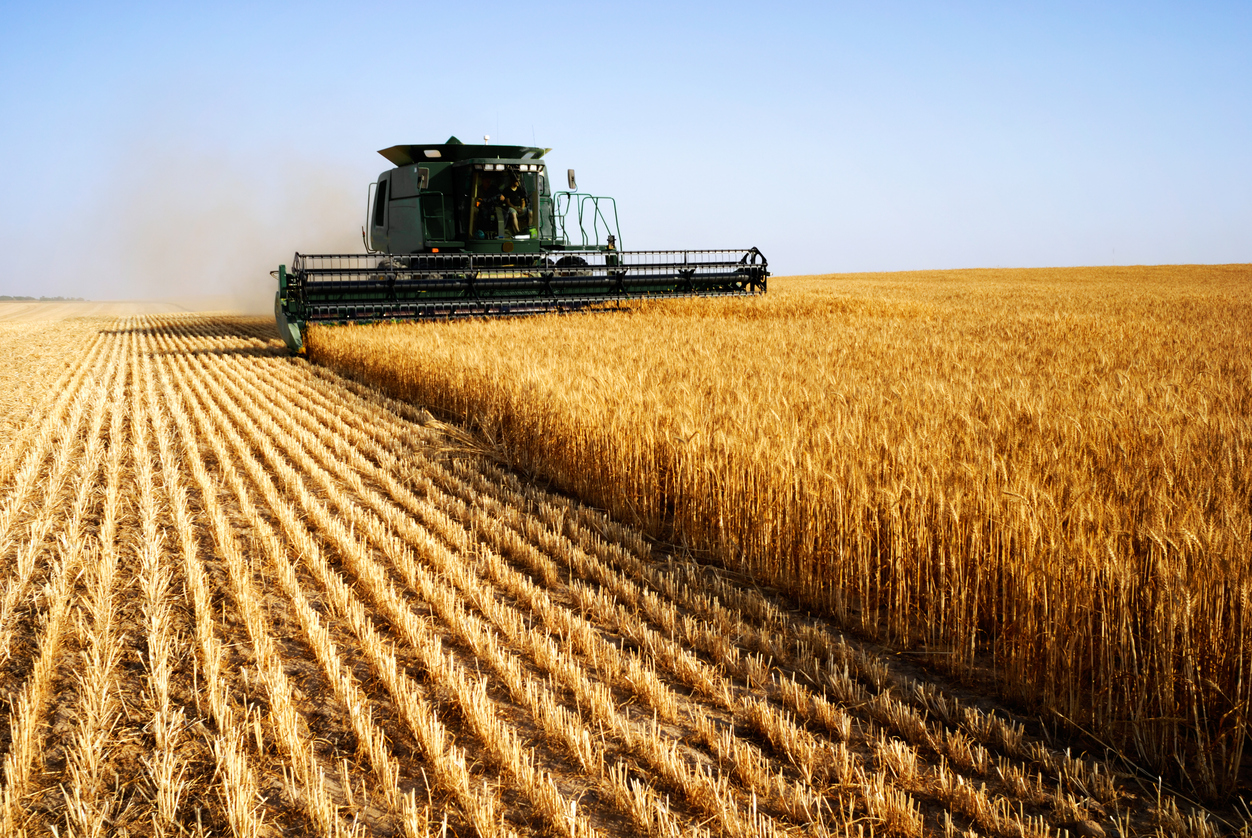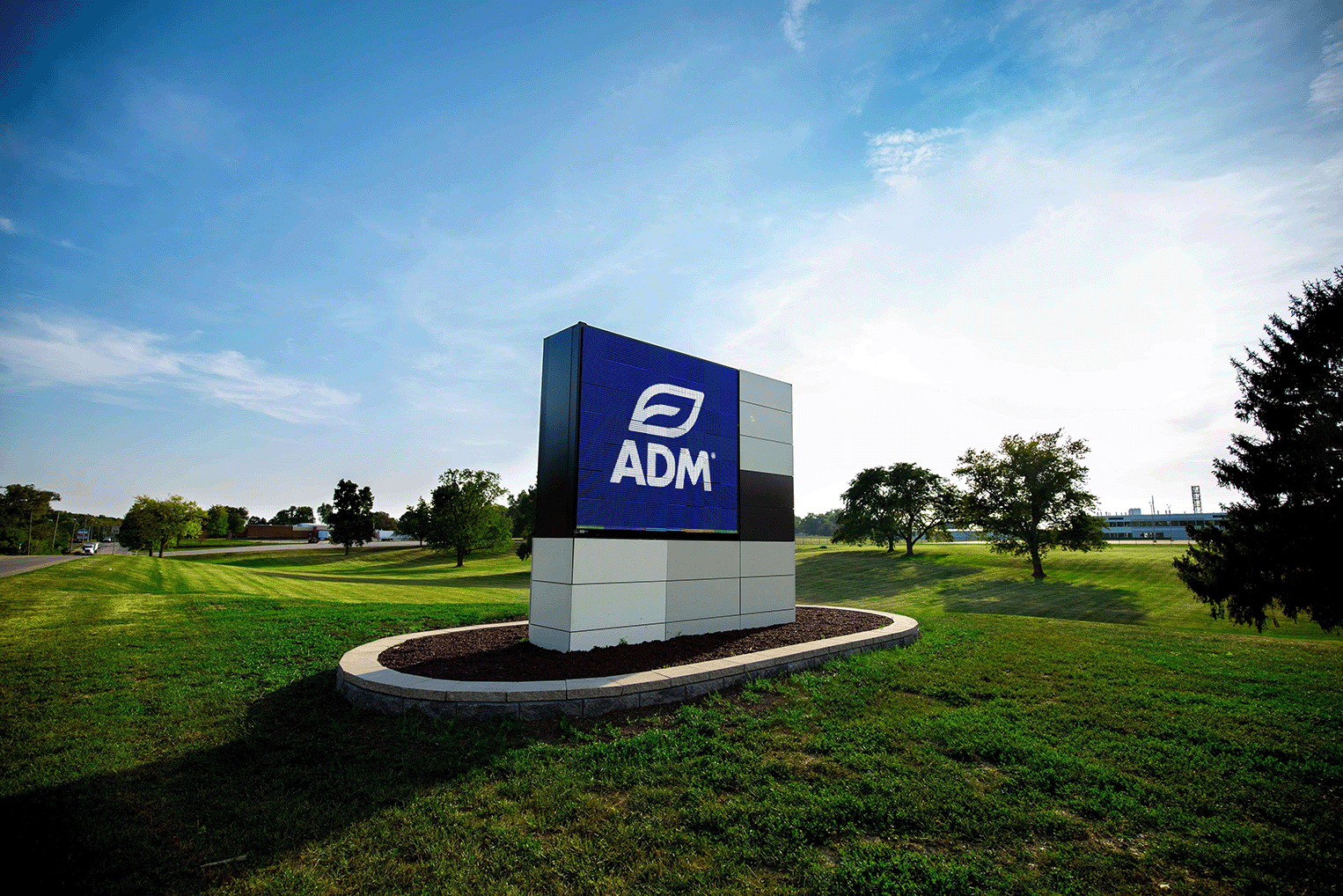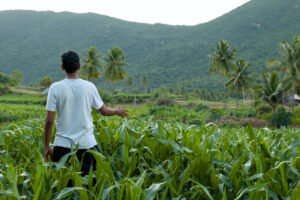- Farmers Business Network (FBN) and agribusiness giant ADM have launched a new company, Gradable, to expand their platform of the same name in the US and globally.
- The Gradable platform connects grain buyers with farmers using regenerative practices in order to meet growing demand for sustainably produced food items.
- FBN and ADM will each have a 50% stake in the new venture.

Connecting grain buyers to regenerative agriculture
The modern grain supply chain is a complex network of service provides and software that frequently live in their own silos, making it tough to track sustainability metrics.
FBN built the Gradable software platform, which originally launched in 2020, as a one-stop-shop for keeping track of not just environmental data but also things like grain origination and trading, and customer management.
Importantly, the platform also helps farmers track regenerative agriculture practices and outcomes in the field while also connecting grain buyers with data that helps them locate and purchase more “sustainably produced” products. This type of information becomes more necessary for CPGs to have each year as consumer demand for “clean” food rises and new regulations require such data.
Gradable provides the infrastructure that can put environmental claims on bushels as they go into the supply chain, Gradable’s newly appointed CEO Steele Lorenz tells AgFunderNews.
“To be able to create access to environmental premiums at the size and scale of grain markets, you really had to have a system where growers and buyers could interact,” he says.
Gradable, the platform, accomplished that. Gradable, the company, was formed to “make sure that the platform is capitalized and positioned to meet that next step.”
According to FBN, more than 20,000 farmers currently use the Gradable platform across more than 12 million acres in North America. Major partners currently include ADM, POET, and Attebury Grains.
Grain buyers can use Gradable to validate farmers’ sustainability claims by accessing farm-level data about how the crop was produced. The platform also provides ISCC credentials and support for Scope 3 scoring and biodiversity programs, among other things.

The coming ‘sea change’ of regulations
Both “incoming regulations and regulatory opportunities” will create the real sea change for the agrifood industry, suggests Lorenz.
“There’s been a lot of discussion about what the opportunities are for programs related to the inflation Reduction Act: sustainable aviation fuel and production of ethanol, renewable diesel tax credits, etc. We expect that will really have the opportunity to be quite meaningful for farmers and for processors, and I think that there are existing markets that also are looking at providing some opportunities.”
In Europe, a key driver is the EU Deforestation Regulation, which requires all products that are placed on or exported from the European Union are deforestation free. In order to comply with the regulation, which will begin to apply in December for major corporations, companies must provide documents and data such as geolocation coordinates, and country of production.
“These policies are large enough and have enough teeth to change grain markets, change the flow of where goods come from and where they go to,” says Lorenz. “Being able to build technology at the size and scale of an entire markets is exactly what we’re positioned to do.”

Towards a global platform
At the end of 2023, FBN announced it had “significantly expanded” its partnership with ADM to support farmers transitioning to regenerative agriculture practices.
Through the program, ADM customers can submit data to Gradable, which will validate their sustainability practices and calculate corresponding environmental outcomes. Farmers can access the service and link their ADM account information through the FBN app to see scale tickets, settlements and contracts needed when they sell grain.
The program has enrolled more than 1,500 growers since launch.
Since launch, the partnership has enrolled 1,500 growers and accounted for more than 1 million acres of farmland.
Lorenz stresses that for all Gradable users — those from ADM and elsewhere — transparency around what data is being collected is critical.
“Gradable has only been successful as far as we could ensure growers and processors that their data was secure, that the use of the information was completely transparent,” he notes. “The data is not being shared with other partners, either in ownership or in other part. As farmers sign up for programs, they understand what data is being collected, why it’s being collected, and who it is going to explicitly.”
“That’s how it ran within FBN, and that’s how it runs as this standalone venture,” he adds.
For FBN and ADM, turning Gradable into its own company seemed the natural next step, says Lorenz.
“While ownership is shared by the two companies, the venture is really set up to be independent and to be a platform to the entire industry. We have proven that we are quite successful at that so far. Even more independence will allow us to add more customers and grow beyond the current geographic footprint.”
For now, that growth will be in North America, but Lorenz suggests it won’t be long before Gradable goes global.
“A big part of what we wanted to do here is say ‘It’s really not enough to be the North American platform. Our ambitions are to be the global leader,’ and we really have to be there pretty quickly. I would expect we are talking here very shortly about what our international expansion plans are.”




